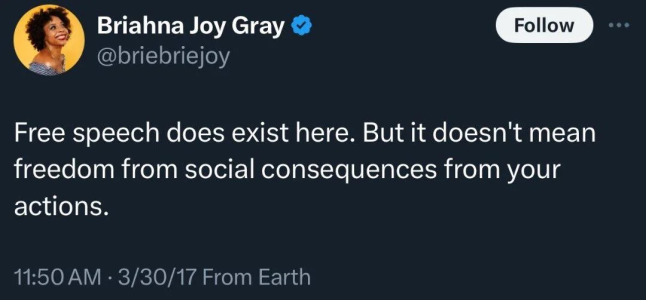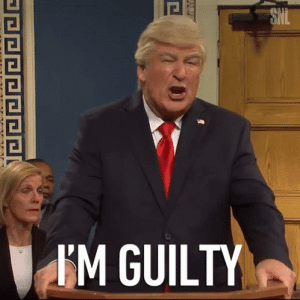- 32,729
- 80,935
- Joined
- Jul 18, 2013
ByeYes. That's precisely what my argument is and I think I made a pretty good comparison to prove my point.
Why even argue with these left wings?? This particular type of people will be the downfall of the AMERICA ONE DAY | I Give you props for putting up with this. I am done with these cats







































